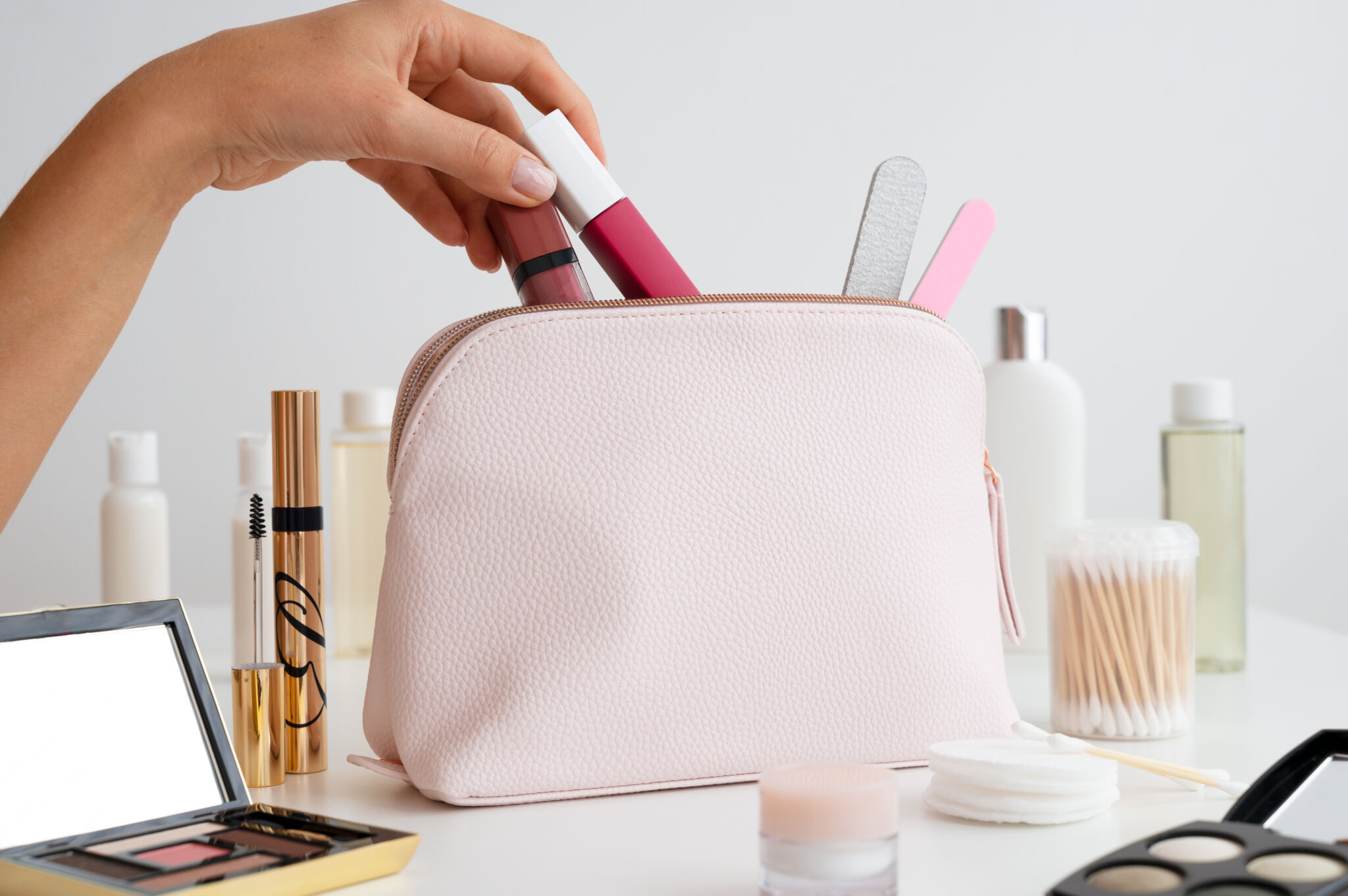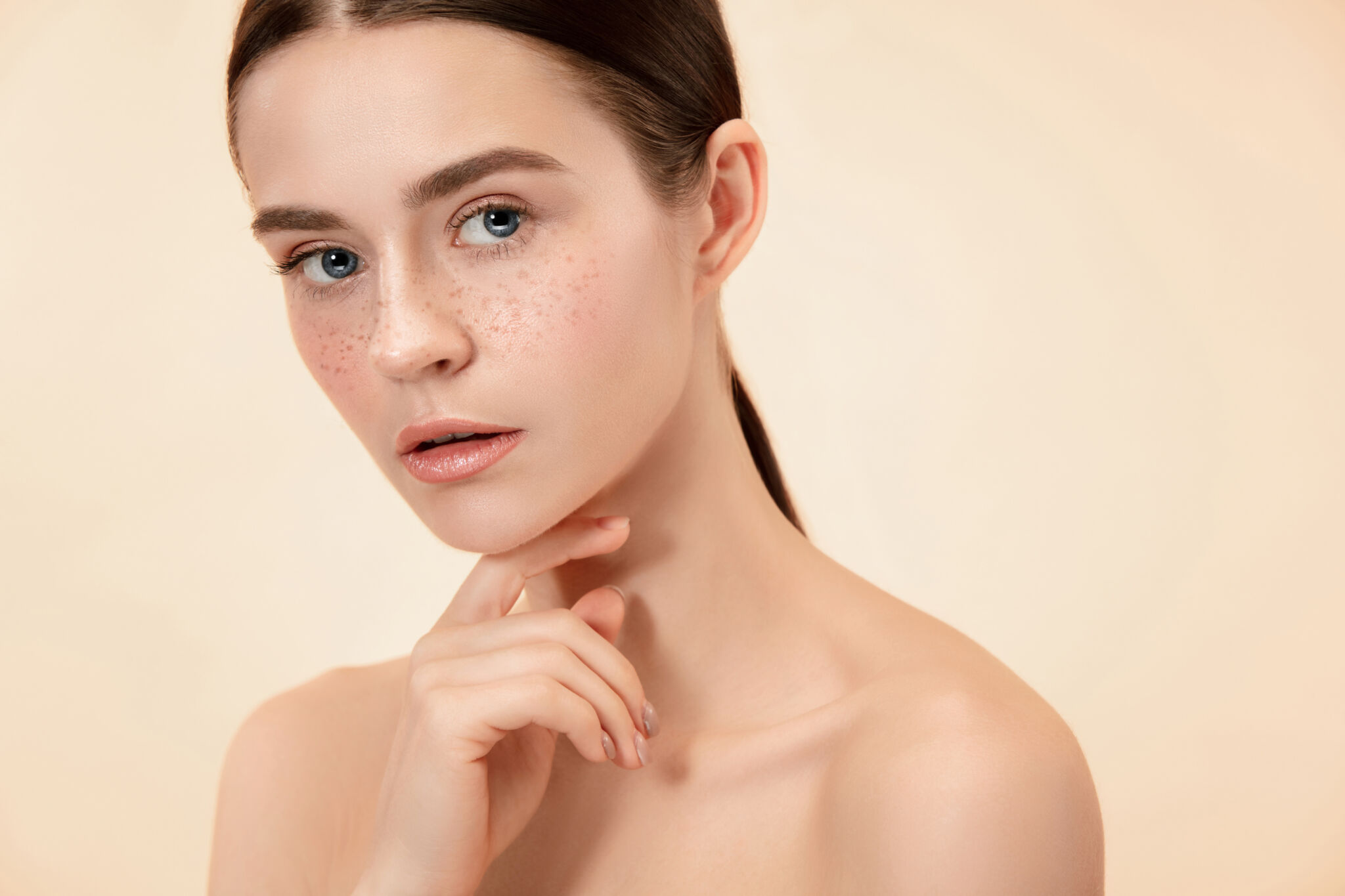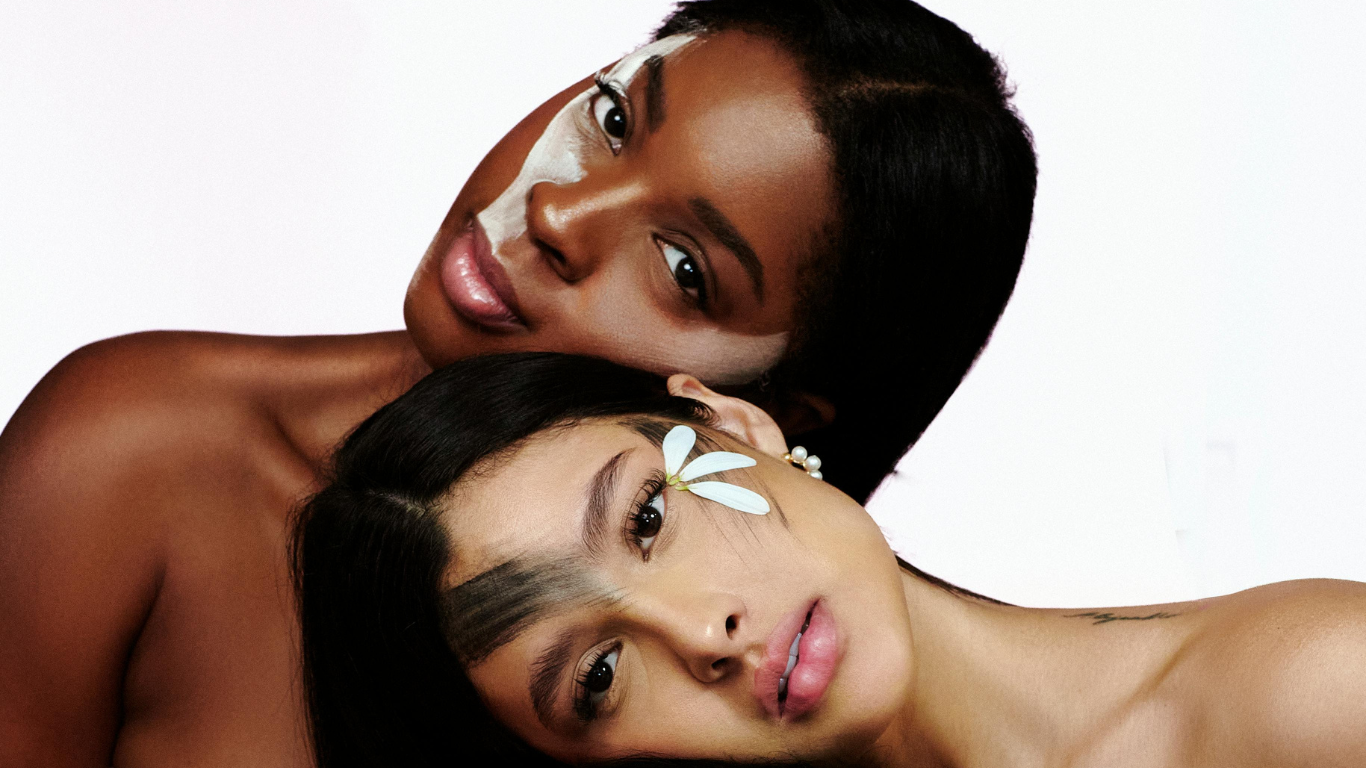Silicones in cosmetics: the hidden threat to your skin
Is everything that looks good actually good for you?

Silicones have firmly established themselves in numerous cosmetic products, from creams to hair styling treatments. They provide light textures, create the illusion of moisture, and protect against external factors. But should we blindly trust these synthetic ingredients? Let’s explore the potential dangers of silicones and why it might be wise to choose products free of these components.
What are silicones?
Silicones are synthetic polymers based on silicon, giving cosmetic products qualities like easy application, silky texture, and flexibility. However, behind these apparent benefits lie their potential hazards.
There are several types of silicones commonly found in beauty products:
- Dimethicone — One of the most popular silicones. It forms a water-resistant film on the skin, creating a smooth feel but blocking airflow and hindering skin metabolism.
- Cyclopentasiloxane — Often used in anti-aging products for its wrinkle-smoothing effect. However, it can disrupt the skin’s natural cell renewal process.
- Phenyl Trimethicone — Found in hair products to add shine and smoothness. However, with regular use, it can weigh hair down and lead to breakage.
What’s the harm in silicones?
Clogged pores: Silicones form an impermeable film on the skin's surface, trapping impurities and preventing the natural release of sebum. This can lead to clogged pores, breakouts, and inflammation.
Dehydration: Though silicones give the illusion of hydration, they don’t actually allow moisture to penetrate the skin. Over time, this can disrupt the skin's water balance, leaving it dry and dull.
Cell renewal disruption: The skin’s natural renewal process takes around 28 days, during which old cells shed and new ones form. Silicone films slow down this process, suffocating the skin and increasing the risk of premature aging, pigmentation, and wrinkles.
Accumulation in the body: Some types of silicones, like cyclomethicone, are not fully excreted from the body and can accumulate over time, potentially causing long-term negative effects. While research is still ongoing, many experts recommend caution when using products containing these ingredients.
Hair damage: Hair products with silicones create a temporary illusion of smoothness and shine, but over time, hair can become dull and brittle. Silicones weigh down the hair, making it less responsive to nutrients, and can even irritate the scalp.

Photo: Freepik
How to protect your skin and hair?
If you want to maintain the health of your skin and hair, opt for products made with natural ingredients. Shea butter, jojoba oil, aloe vera, and other natural components deeply nourish and hydrate without forming harmful barriers that disrupt normal skin functions. In recent years, many brands have prioritized organic ingredients. Elle O’zbekiston editorial team has created a list of the most famous and in-demand options:
ILIA BEAUTY: This brand offers organic beauty products with bioactive ingredients and emphasizes clean formulations free from phthalates, sulfates, and parabens. ILIA is known for its eco-friendly packaging and products, for example, a lip kit from the pearl collection, which is famous for its shining finish.
TOWER 28: Known for catering to sensitive skin with hypoallergenic, dermatologist-tested formulas free from essential oils and irritants. Their products, such as Sunny Days (Toning SPF), provide safe care and are suitable for all skin types.
MILK MAKEUP: A vegan brand focused on innovation and safe formulations, excluding parabens, sulfates, and talc. Popular products like the Hydro Grip Primer attract users with their multifunctionality and lasting performance.


